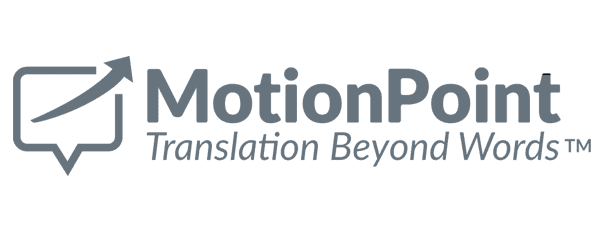




Today’s tech-savvy companies are wisely leveraging a wide range of innovative martech solutions that simplify the process of reaching customers.
But there’s a mission-critical area your martech stack must not neglect—internationalization. If you want top-notch results in global markets, you’ll need localized, culturally relevant online content.
Today's marketing technologies-such as Salesforce, Hubspot, MailChimp, Hootsuite and more-are vital for equipping your brand to connect with global consumers. You're probably already using several, and enjoying the advantages they bring your brand.
But to succeed on the global stage, your company must do more than leverage the latest analytics and optimization tools.
Smart companies also translate their websites and other online content for global customers to ensure cultural relevancy, build brand credibility, and drive stronger local SEO results.
To succeed globally, your company must do more than leverage the latest analytics and optimization tools.
Customers respond positively to these experiences in their own languages, especially when they match what you offer customers in your primary market. If you don't offer a localized UX, customers are far more likely to jump ship-often into your competitors' waiting arms.
Localized websites give you potent, growth-driving advantages, including:
You can't afford to neglect this vital area of your online marketing plans. Yet many business are doing just that-to their detriment.
Many businesses are reluctant to wade into these waters for fear they'll get in too deep in terms of budget, personnel and time. Historically, when companies have taken the plunge, they experience unforeseen challenges.
As you examine your own website translation options, make sure they can address these painful gotchas:
Translation costs: Costs can soar if a vendor insists on re-translating the same content over and over instead of offering a pay once, use anytime, anywhere translation approach.
Speed to market: Some translation vendors take months—or even over a year—to translate your website, hindering your ability to get in-market.
Technical integration: Most CMSs can’t handle the ongoing effort needed to keep a translated site up-to-date. And if the solution isn’t platform-agnostic, your localized site can cease to function when you choose to re-platform.
Ease of implementation: Effective online translation involves specialized personnel that most companies don’t want to employ in-house.
Superior solutions make website translation effortless on your part—just like the other solutions in your martech stack.
And there are other complexities to website translation, which is why many companies avoid it altogether. These organizations assume internationalization means vastly increased overhead, a drain on internal resources, and complicated maintenance.
However—just like the other solutions in your martech stack—there are superior approaches that make this process effortless on your part. You don’t have to grow your team, add complex and expensive workflows, or risk long delays to market. With the right translation solution, technical and operational complexity isn’t reduced … it’s eliminated.
Digital-first website translation agencies can eliminate the technical and operational complexities-and the unexpected costs-of website translation, making it easy to implement your translated content. These solutions don't drain your resources.
World-class website translation solutions offer these advantages:
To be relevant in today's multilingual global marketplace, you must translate your company's website. Just as new martech solutions such as Marketo and Hubspot have simplified your marketing impact without adding personnel and major expenses, a world-class website translation provider can do the same for your internationalization efforts.